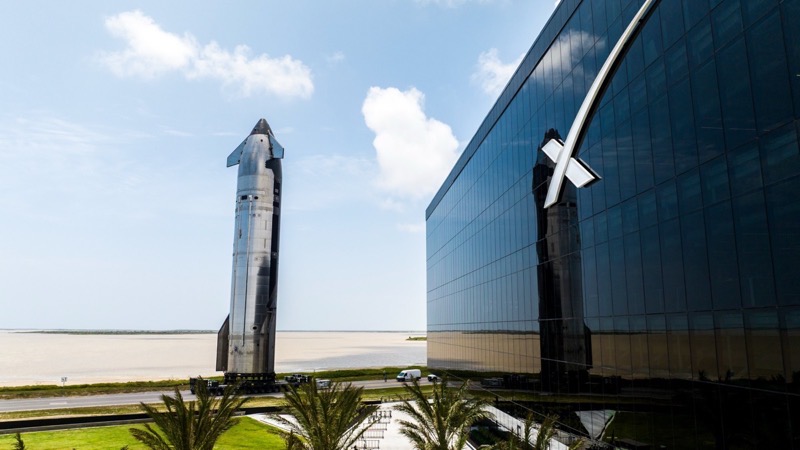The Trump administration recently conducted a review of federal contracts held by SpaceX, Elon Musk’s aerospace company, but ultimately found that most of these contracts were too crucial to terminate. This development came in the midst of a public feud between President Trump and Musk, during which Trump suggested cancelling government agreements with Musk’s companies in order to save federal dollars.
Following Trump’s statement, the General Services Administration (GSA) collaborated with various federal agencies, including the Department of Defense and NASA, to assess SpaceX’s contracts. They compiled detailed “scorecards” of all current contracts and planned transactions, evaluating their monetary value and the possibility of another vendor offering a lower cost for the same services.
Despite the initial scrutiny, officials concluded that the majority of SpaceX’s contracts were vital to the missions of the Pentagon and NASA. SpaceX is renowned as the United States government’s most cost-effective and primary launch provider, responsible for a wide range of tasks from launching national-security payloads to transporting astronauts to the International Space Station.
Gwynne Shotwell, President and COO of SpaceX, emphasized the company’s commitment to serving the U.S. government with exceptional products and capabilities. SpaceX’s Falcon rockets and Crew Dragon spacecraft play a pivotal role in the U.S. space program, particularly as the company expands its services with Starlink and Starshield for government and defense clients. Recent achievements include a $5.9 billion contract for 28 national security launches and the successful delivery of a new GPS satellite for the Space Force.
The Trump administration’s scrutiny of Musk’s enterprises extends beyond SpaceX, with tensions escalating over legislative disagreements. This has led to threats of cancelling space and clean-energy contracts, as well as the imposition of anti-dumping tariffs on essential battery materials like Chinese graphite. These tariffs could potentially increase the cost of electric vehicles by nearly $200 per unit, further complicating Tesla’s market position.
In addition to these challenges, Tesla is also facing the impending disappearance of the $7,500 federal EV tax credit on September 30, which may impact consumer demand. Meanwhile, competitors like GM and Hyundai are aggressively pricing their electric vehicles and benefiting from favorable political support.
While certain SpaceX contracts may still be under scrutiny, officials acknowledge that alternatives are limited, solidifying the company’s influence in both civilian and defense space sectors. SpaceX’s role in advancing space exploration and technology remains essential for the United States, underscoring the significance of its government contracts and partnerships.

